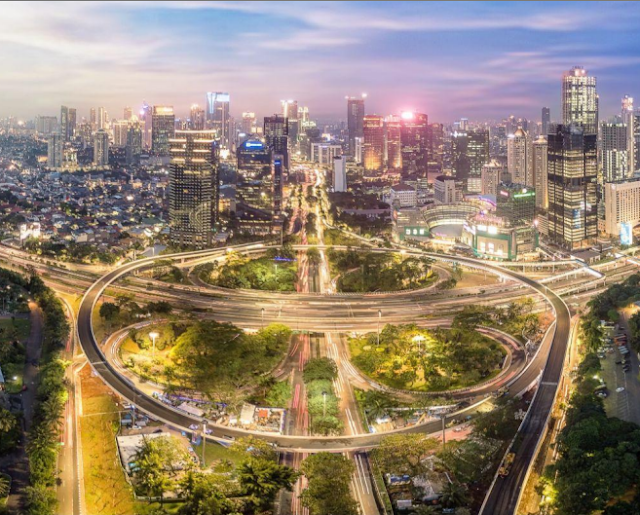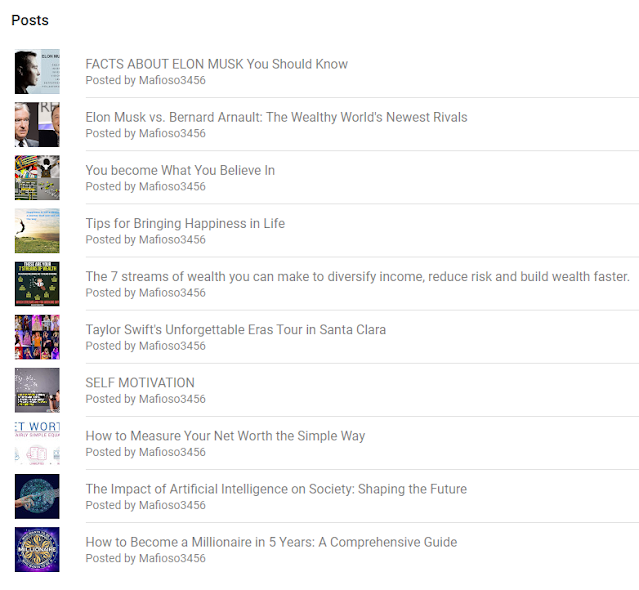Indonesia Economic Prospects and Overview 2023
Indonesia is the largest economy in Southeast Asia and the 16th highest GDP in the world. The current state of Indonesia’s economy is relatively strong, despite facing some challenges from the global and domestic situation. According to the web search results, here are some of the main points about Indonesia’s economy:

- Indonesia’s economy grew by 5.31% in 2022, making it the highest growth among G20 countries and Southeast Asia’s only trillion-dollar economy.
- Indonesia’s economy is expected to grow by 4.8% in 2023, which is slightly lower than the previous year but still among the fastest-growing large economies globally.
- India is expected to be the fastest-growing G20 economy (5.4%), followed by Indonesia (4.8%) and China (4.7%)
- Domestically, Indonesia’s remarkable economic recovery continues, recording 5.03% YoY GDP growth in Q1 2023.
- Indonesia’s inflation rate was 4.4% in 2022 and is projected to decrease to 4.0% in 2023, which is within the central bank’s target range.

- Indonesia’s exports remain strong, especially in commodities such as coal, palm oil, and nickel, which benefit from high global prices. They were the largest growth contributor in Q1 2023, recording 11.68% YoY growth as fueled by China’s domestic recovery
- Indonesia’s investment realization (foreign and domestic) increased by 16.5% in the first quarter of 2023, driven by sectors such astransportation, storage, accommodation, and food & beverages.
- Indonesia’s public debt-to-GDP ratio increased from around 30% before the pandemic to over 40% after the pandemic, due to the fiscal stimulus and social assistance programs.






Comments
Post a Comment